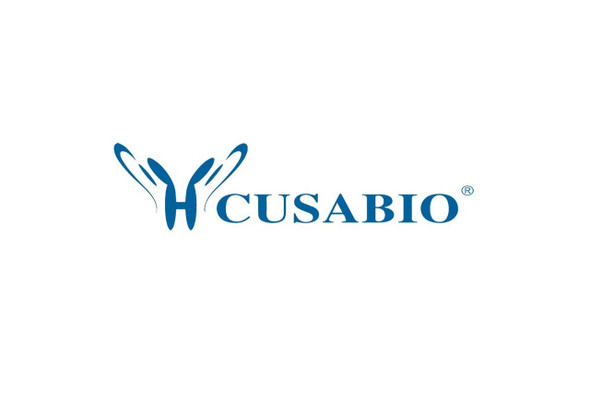Cusabio Polyclonal Antibodies
ATP6V1D Antibody | CSB-PA897507LA01HU
- SKU:
- CSB-PA897507LA01HU
- Availability:
- 3 to 7 Working Days
Description
ATP6V1D Antibody | CSB-PA897507LA01HU | Cusabio
ATP6V1D Antibody is Available at Gentaur Genprice with the fastest delivery.
Online Order Payment is possible or send quotation to info@gentaur.com.
Product Type: Polyclonal Antibody
Target Names: ATP6V1D
Aliases: V-type proton ATPase subunit D (V-ATPase subunit D) (V-ATPase 28 kDa accessory protein) (Vacuolar proton pump subunit D), ATP6V1D, ATP6M VATD
Background: Subunit of the peripheral V1 complex of vacuolar ATPase. Vacuolar ATPase is responsible for acidifying a variety of intracellular compartments in eukaryotic cells, thus providing most of the energy required for transport processes in the vacuolar system (By similarity) . May play a role in cilium biogenesis through regulation of the transport and the localization of proteins to the cilium.
Isotype: IgG
Conjugate: Non-conjugated
Clonality: Polyclonal
Uniport ID: Q9Y5K8
Host Species: Rabbit
Species Reactivity: Human
Immunogen: Recombinant Human V-type proton ATPase subunit D protein (1-247AA)
Immunogen Species: Homo sapiens (Human)
Applications: ELISA, WB
Tested Applications: ELISA, WB; Recommended dilution: WB:1:1000-1:5000
Purification Method: >95%, Protein G purified
Dilution Ratio1: ELISA:1:2000-1:10000
Dilution Ratio2: WB:1:1000-1:5000
Dilution Ratio3:
Dilution Ratio4:
Dilution Ratio5:
Dilution Ratio6:
Buffer: Preservative: 0.03% Proclin 300
Constituents: 50% Glycerol, 0.01M PBS, pH 7.4
Form: Liquid
Storage: Upon receipt, store at -20°C or -80°C. Avoid repeated freeze.
Initial Research Areas: Signal Transduction
Research Areas: Metabolism;Signal transduction









